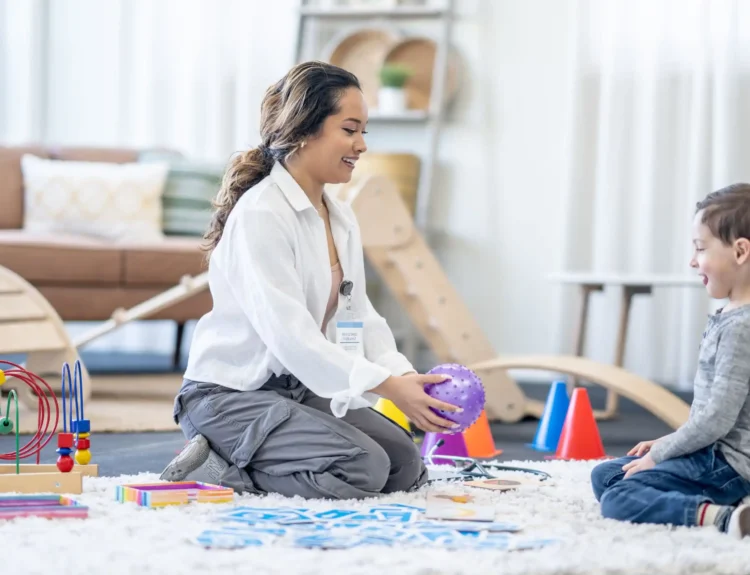The internet has become an integral part of our lives, and for today’s children, it is a ubiquitous presence from a very young age.
While the digital world offers incredible opportunities for learning, connection, and creativity, it also presents unique challenges and potential dangers that parents must help their kids navigate.
As a parent, it’s essential to take an active role in your child’s online life to ensure they are using the internet safely and responsibly. Here are some key strategies to help guide your kids in the digital age:
Establish Open Communication
One of the most important things you can do is to keep the lines of communication open with your children about their online activities. Encourage them to come to you with any questions, concerns, or uncomfortable situations they encounter online. Make it clear that you are there to help and support them, not to judge or punish.
Have regular, age-appropriate conversations about internet safety, privacy, and digital citizenship. Discuss the importance of protecting personal information, being kind and respectful online, and thinking critically about the content they consume and share.
Set Clear Guidelines and Boundaries
Work with your children to establish clear rules and expectations around their internet and device usage. This could include setting time limits, designating screen-free zones or times, and defining what types of content and activities are appropriate.
Consider using parental controls and monitoring tools to help enforce these boundaries and keep tabs on your child’s online activities. However, it’s important to balance this with trust and privacy – the goal is not to spy on your kids but to ensure their safety and well-being.
Educate Yourself and Your Kids
Stay informed about the latest apps, social media platforms, and online trends that your children are interested in. Take the time to learn how they work, what the potential risks are, and how to use privacy and security settings.
Encourage your kids to be media literate and to think critically about the information they encounter online. Teach them how to identify reliable sources, fact-check claims, and be aware of potential scams or misinformation.
Be a Good Digital Role Model
Children often learn by example, so it’s crucial to model healthy digital habits yourself. Be mindful of your own screen time and online behavior, and demonstrate the importance of balance, boundaries, and responsible internet usage.
Avoid oversharing personal information or engaging in negative behaviors like cyberbullying or spreading rumors online. Show your kids what it means to be a positive digital citizen.
Discuss Sensitive Topics
Have age-appropriate conversations with your children about sensitive online issues like cyberbullying, sexting, and online predators. Help them understand the risks and consequences of engaging in these behaviors, and teach them how to protect themselves and seek help if needed.
Emphasize the permanence of the digital footprint and the importance of thinking carefully before posting or sharing anything online. Remind them that what goes on the internet can have real-world implications.
Use VPNs
Some VPN service providers also offer parental control. So, if you want to limit your child’s internet activities, you can use VPN. You need to compare VPNs and select the one that suits your needs. However, some kids may use VPNs to try to hide their internet activity or bypass parental controls and filters.
If you discover your child is using a VPN, have an open and honest conversation about their motivations. While their intent may be innocent, make sure they understand the importance of transparency and the risks of concealing their online behavior from you. Work together to find a solution that balances their privacy concerns with your need to ensure their safety.



